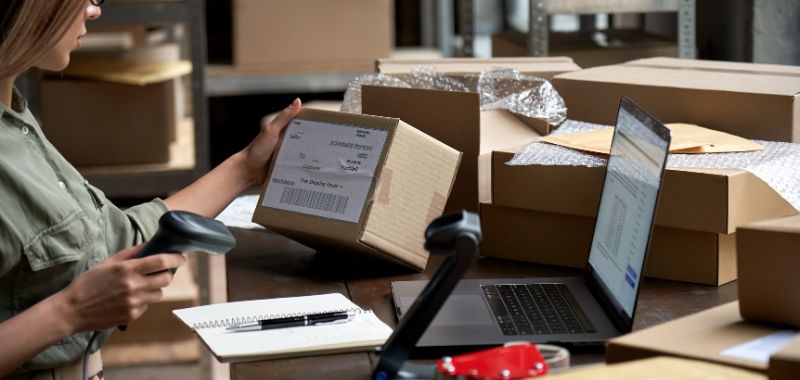
How to dropship legally
How to dropship legally is a question in which all aspects has to be taken into account. Aspects such as finding a good supplier or drafting legal texts, among others.
Dropshipping is a method of shipping and delivering orders whereby the online shop or ecommerce in question does not store the orders, i.e. the shop sells a product that it has purchased from a third party, and the third party ships the order directly to the customer.
The difference between dropshipping and the traditional online shop model is that the seller does not need to own or store the products, but uses a third party owner of the products to ship them.
Finding a good supplier and signing a contract
Choosing a good supplier is essential for a business to prosper. In order to do so, it is necessary to regulate the obligations to which the supplier adheres by means of a contract. This contract should take into account, among other things, clauses relating to shipping and return costs, cancellation, guarantees, stock, etc.
The online shop is the visible face for the end customer (in most cases the consumer), and therefore, the one who is directly liable for any complaint issued by the customer, regardless of whether he can then pass the costs on to the supplier.
In this sense, it is essential that, when choosing a supplier, you take into account aspects such as the supplier’s reputation, the level of commitment, the attention they provide, their availability and predisposition, information about the company that manages the supplier.
The key to the success of your business depends 80% on the supplier doing their job efficiently.
Legal obligations of sellers
Firstly, the seller must have set up a company or register as a self-employed person in order to start the business.
Secondly, one of the most relevant aspects and one that generates the most doubts when it comes to carrying out this business model is the fiscal aspect, specifically with regard to VAT.
And this is the same whether you are an individual entrepreneur or a company. To handle all the taxation in dropshipping, it is advisable to hire a specialised advisor to help you in this matter.
VAT is always paid on the difference between the VAT you charge to your customers and the VAT you pay to your suppliers. Therefore, any business that makes a profit has to pay VAT
Also, the 2021 reform has to be taken into account. If you previously sold to consumers located in other Member States, you were only obliged to invoice at the VAT rate of the country of destination if your sales in that country exceeded certain thresholds. Normally, between 35,000 and 100,000 euros depending on the country.
However, the reform abolishes the thresholds and any company that invoices more than 10,000 euros (a single threshold for all countries) for sales made to consumers in other Member States will have to invoice at the VAT rate corresponding to the State where the consumer is located.
Thirdly, data protection is a very relevant aspect when starting your business under Dropshipping, because the seller will give the supplier the buyers’ data to make the shipments, and this relationship must be regulated through a contract that establishes the conditions and uses by which the data is accessed or transferred.
Drafting legal texts
Finally, another aspect to take into account is the drafting of the legal texts of the website in question. For the purposes of transparency, users should be informed both in the privacy policy and in the terms and conditions of the business model under which the products sold on the ecommece are sold, how the data is treated, and the rights granted by law to consumers.
At Letslaw we are experts in Digital Law, and we can advise you on everything you need, so do not hesitate on contact us.

Letslaw es una firma de abogados internacionales especializada en el derecho de los negocios.







